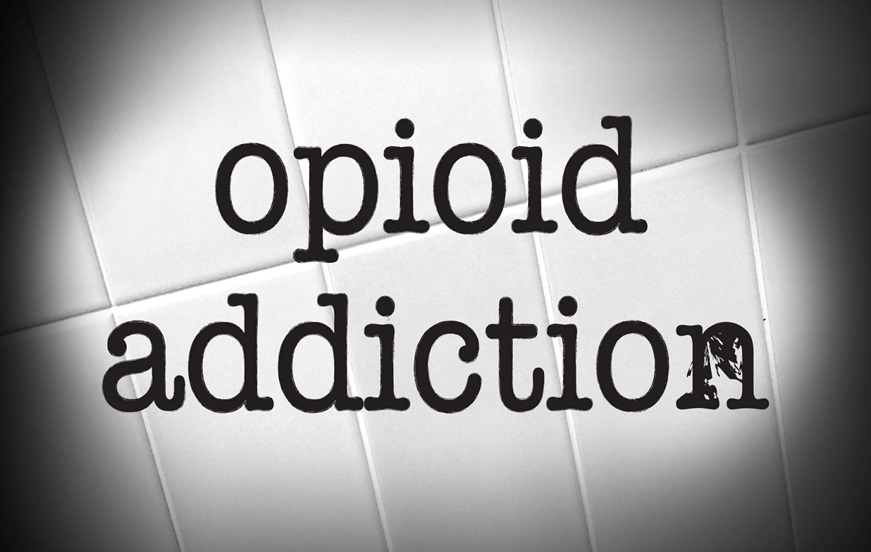
Factors Affecting Opioid Addiction
Anyone who uses opioids runs into the danger of becoming addicted to them. Your personal history and the amount of time you use opioids play a factor in opioid withdrawal in Miami. However, it’s hard to predict who will become addicted to these medications in the future. If taken legally or illegally, such medications overdose causes the majority of deaths in many countries today.
However, people also have many doubts regarding this. They mostly ask Are there any serious side effects of naltrexone or low dose naltrexone side effects? So it causes nausea, trouble in sleeping, and other less severe symptoms. Opioids are highly addictive because it includes the following factors that cause opioid addictions.
- Unemployment
- Poverty
- Substance abuse personal history
- Young age
- Substance abuse family history
- Legal problems
- Any criminal activities
- Alcohol Rehabilitation
- Severe Depression or anxiety
- Stressful circumstances
- Heavy tobacco risks
Working Of Opioid Addictions
Addiction is a disease in which something that was once enjoyable has become something you can’t live without. Substance addiction is defined by doctors as an insatiable desire for a drug and obsessive use of the drug. Also, it includes continued use of drugs despite severe consequences.
Endorphins, the brain’s neurotransmitters, are released when you take opioids. Endorphins reduce pain perception and increase pleasure emotions, resulting in a brief but profound sense of well-being. When an opiate dose wears off, you may feel compelled to reclaim those pleasant feelings. This will further let you get addicted.
Connection Between Opioid Addiction And Vitamin D
According to research, vitamin D deficiency increases the desire for and effects of opioids. However, potentially increases the likelihood of opioid dependence and addiction. However, other experts advise that the findings be interpreted with caution. According to the researchers, the findings, which are also related to vitamin D insufficiency, can increase the risk of opioid addiction. However, in some cases, it may be useful in combating the opioid crisis.
Furthermore, vitamin D deficiency enhances the appetite for and effects of opioids, potentially raising the risk of dependency and addiction (MGH). The study’s findings are also connected with vitamin D deficiency to sun-seeking behavior. It suggests that taking vitamin D supplements to solve the frequent problem of vitamin D deficiency could prevent “the current opioid pandemic,”
Vitamin D insufficiency increases opioid cravings in patients who have grown addicted to the substance. They discovered that changing vitamin D levels impacted several addictive behaviors both to UV rays and opioids.








